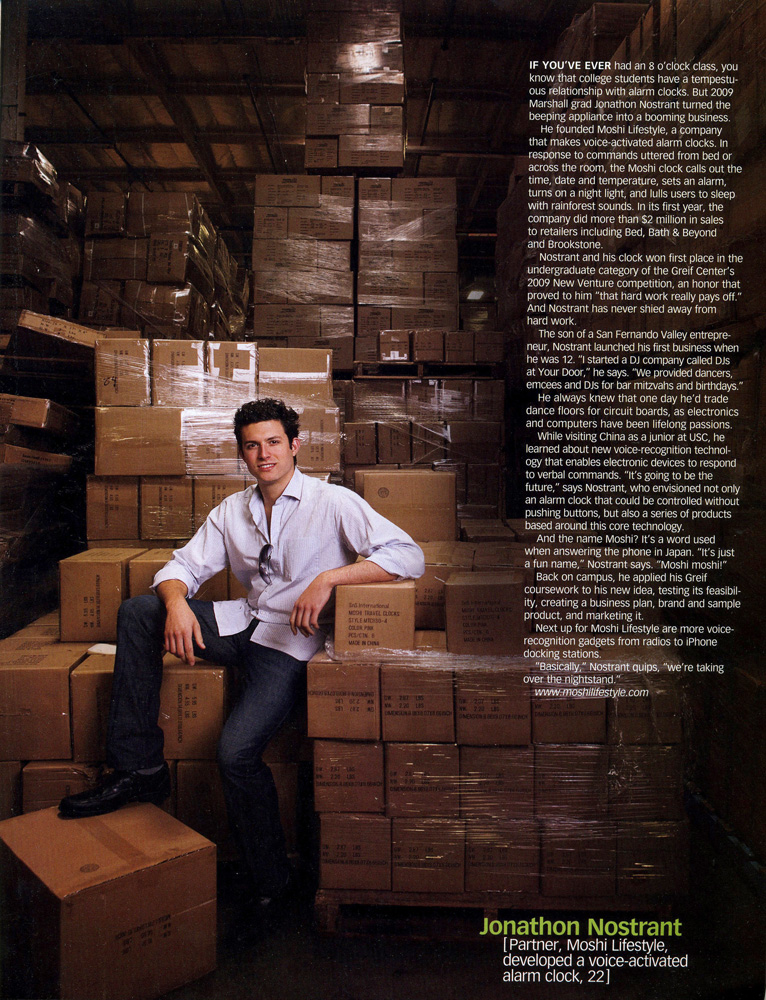Writer & Columnist | Santa Barbara, CA
Month: June 2010
Down underground, in the basement of UCSB’s psychology building, behind two locked doors and another emblazoned with red hazard signs, a man lies in a pitch-black room, his skull in a scanner. Behind a window, lab techs stare silently at black-and-white renderings of his gray matter.
If this clinical scene doesn’t make your heart flutter, your face flush, and your guts flip-flop with jumpy juice, then you’re clearly not a scientist at the university’s Brain Imaging Center.
But Bianca Acevedo is. She’s a postdoctoral research fellow (am I the only one who enjoys calling women fellows?) who studies the neuroscience of love. “It’s a relatively new field, but it’s flourishing quickly,” said Acevedo, who spends her days translating lofty romantic notions into precise scientific terms. Working with the campus’s “Close Relationships Lab,” she uses a “Passionate Love Scale” to evaluate the “neural correlates of long-term pair-bonding.”
All of which would be funny if it weren’t just a little bit creepy.
If you ever need a friend, introduce yourself to a kid. Unguarded, transparent, and loyal, kids collect pals like pennies.
You never see toddlers nix a friendship over political ideology, or renounce a terrific rapport just because their buddy has a nicer lunchbox and it makes them feel bad about themselves. Their only requirements for friendship: proximity and a grin. And a pile of goldfish crackers doesn’t hurt.
This is a remarkable character trait. Beautiful, really. Until the unchoosy little chums force it on their picky, prickly parents, and then it’s annoying as hell.
Have you ever been thrust unwillingly into crony-hood with other parents simply because your kids are friends? Forced to play nice with a mom you can’t stand — to meet for play dates, chat in schoolyards, attend awkward barbecues — because your children can’t bear to be apart?
It’s irksome. Adults are far more fastidious about investing in friendships. We’re lazier, less patient, more close-minded, but …
“It’s hard to give up valuable time to people who drive you nuts,” explains a mom I know who’s experiencing this now. “I have nothing in common with this woman other than our daughters being friends, and she is so irritating, it’s hard to tolerate more than five minutes of her.”
It’s June. Wedding season. Only a few days left to dig out that embossed invitation, navigate your buddy’s online bridal registry, and take a Sharpie to the scuffs on your party shoes.
During the reception, the deejay will spin “Single Ladies,” and you’ll want to hit the dance floor and show off your mad self-spanking skills. But the groom’s gabby Aunt Joan and sozzled Uncle Ted will stop you to tell The Story. The treasured “How He (or She) Proposed” anecdote. It’s told and retold at these events, laying the foundation for the couple’s mutual mythology, the oral history of their romance.
Our culture loves a good “Will you marry me?” narrative. It’s the dragon-slaying folktale of our modern world. How’d he do it? How’d he fell the beast? Did he use wit, or brawn? Did he bury the ring in bean dip or convince the philharmonic to bust out Dramarama’s “Anything, Anything,” falling to one knee and wailing, “Marry me, marry me, marry me …”?
Outrageous proposals abound in recent news. A San Diego tattoo artist inked “Rachel, will you marry me?” onto his own leg. (I’d marry him for his perfect punctuation, but that’s my freak-ness weakness.) A New Jersey valedictorian popped the question by calling her beau and fellow grad to the stage after her speech. A New York fella edited himself into Back to the Future, rented a movie theater, and took his girlfriend to see the flick — in which he shows up on screen, looks into the camera, and asks her to be his wife. They all said yes. Aww.
